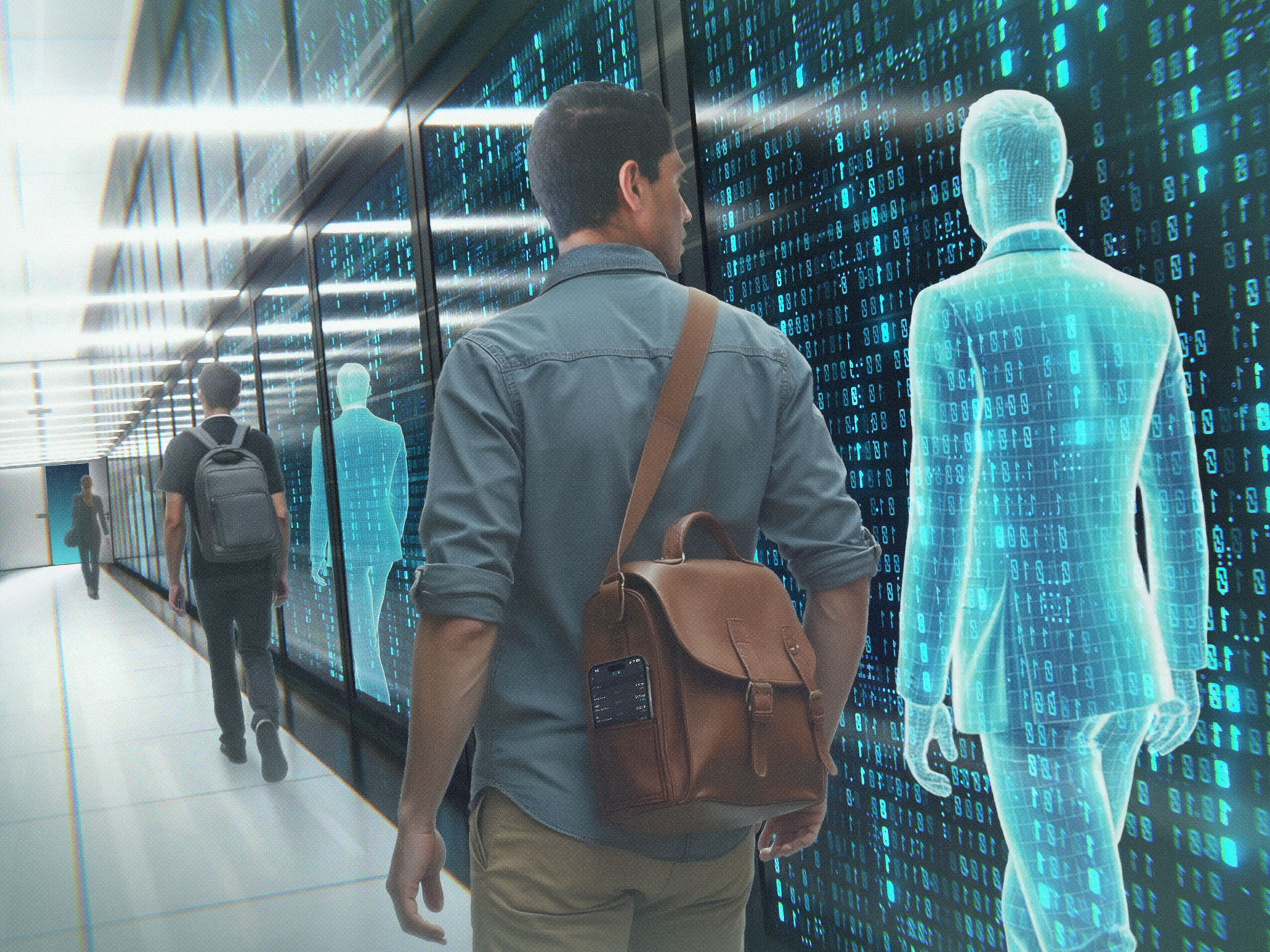Dario Amodei—the CEO of AI startup Anthropic and one of the top minds in the field—caused a bit of an uproar last month with the very bold prediction that the latest large language models under development could soon eliminate half of all entry-level office jobs and push unemployment to levels not seen since the Great Depression.
“It sounds crazy, and people just don’t believe it,” he told Axios in an interview. “Cancer is cured, the economy grows at 10% a year, the budget is balanced—and 20% of people don’t have jobs.”
The outlook, a surreal vision where abundance coexists with despair, would be a doomsday scenario for many salaried workers—especially recession-weary Millennials and the subsequent Generation Z that’s now trying to enter the workforce—but it could also usher in a new era of productivity for companies that will be able to do much more with much less. It’s hard not to notice all the recent headlines fueling the narrative.
Among them was the news that Shopify’s (NASDAQ: SHOP) CEO Tobi Lutke told existing employees who want new (human) headcount that they’d need to prove why AI couldn’t do the job. Klarna also recently said the quickly evolving tech had allowed it to cut its workforce by 40%. Other big corporations to announce layoffs over the past months include Procter & Gamble (NYSE: PG), Microsoft (NASDAQ: MSFT), Citigroup (NYSE: C), Walmart (NYSE: WMT), CrowdStrike (NASDAQ: CRWD), Disney (NYSE: DIS) and Chegg (NYSE: CHGG).
Automation vs. augmentation
While some analysts have dismissed what they say is fear-mongering hyperbole and argue that it’s a normal part of the business cycle for firms to cut workers from time to time, at the heart of the concern lies a central question: are the latest chatbots simply fancy search engines and glorified spell-checkers, or is there something deeper happening? Meta (NASDAQ: META) CEO Mark Zuckerberg suggested the latter earlier this year on The Joe Rogan Experience.
“Probably in 2025, we at Meta, as well as the other companies that are basically working on this, are going to have an AI that can effectively be a sort of mid-level engineer that you have at your company that can write code,” he said. “In the beginning it’ll be really expensive to run and you can get it to be more efficient, and then over time we’ll get to the point where a lot of the code in our apps and including the AI that we generate is actually going to be built by AI engineers instead of people engineers.”
AI, in other words, may soon be able to cut humans out of the loop entirely, and Anthropic’s own research suggests that what’s arriving is indeed different from anything that’s existed before. Some versions of its Claude model, for example, have started to “act inappropriately” under pressure, going so far as to blackmail their human masters when threatened with shutdown. It should hardly come as a surprise, with companies like Salesforce (NYSE: CRM) staking their financial futures on the development of autonomous AI agents. Pandora’s box may already be open, and this genie is not going back in the bottle.
There may be a silver lining for human workers, though—or at least some of them—as all jobs are not the same. The Anthropic Economic Index distinguishes between what it calls automation and augmentation in terms of whether AI is being used to complete a task on its own or simply help, and functions most at risk of complete machine replacement include network and system administration, software development and translation. Copywriters, editors and multimedia artists may fare better—at least for now—since much of their work lends itself better to AI-assisted iteration in the production of a final output.
Just be an artist!
And then there’s macroeconomics. Boston Consulting Group economists Philipp Carlsson-Szlezak and Paul Swartz argued in an essay published last year by the World Economic Forum that the deflationary impact associated with new technology will keep people working well into the future, even if they’d rather be at the beach with some form of a universal basic income.
“Predictions of technology-driven job destruction have a long history and correspondingly, a long record of failure,” they wrote, recounting past worries that occurred as automobiles came to replace the horse or when the industrial revolution took workers from the farm to the factory. “Technology drives down costs and prices, pushing up consumers’ real incomes and demand for new goods and services – and thus, new employment.” It’s a sentiment shared by Notion Capital’s Andreas Panayiotou, who outlined how consumer prices declined by 0.4% per year on average between 1870 and 1890 as increased electrification, new manufacturing processes, railroads and expanding communication networks remade the global economy.
Mark Zuckerberg, for his part, thinks the coming AI boom will simply help augment existing workers, and free them up to do more high-value tasks.
“People are just going to be so much more creative, and they’re going to be freed up to do kind of crazy things,” he told Rogan. It’s a high bar for anyone content with being average, and it means the days of showing up for an episode of The Office and collecting a paycheck are likely numbered. What’s coming will bring disruptive freedom for some, but many others could be left in the dust.
“Just learn to code” became a modern taunt for factory workers whose jobs were offshored—a 21st-century “Let them eat cake.” But the wheel of disruption never stops churning, and now those who once rushed to coding bootcamps are about to get the next big, new message: “Just be creative!”




Comments